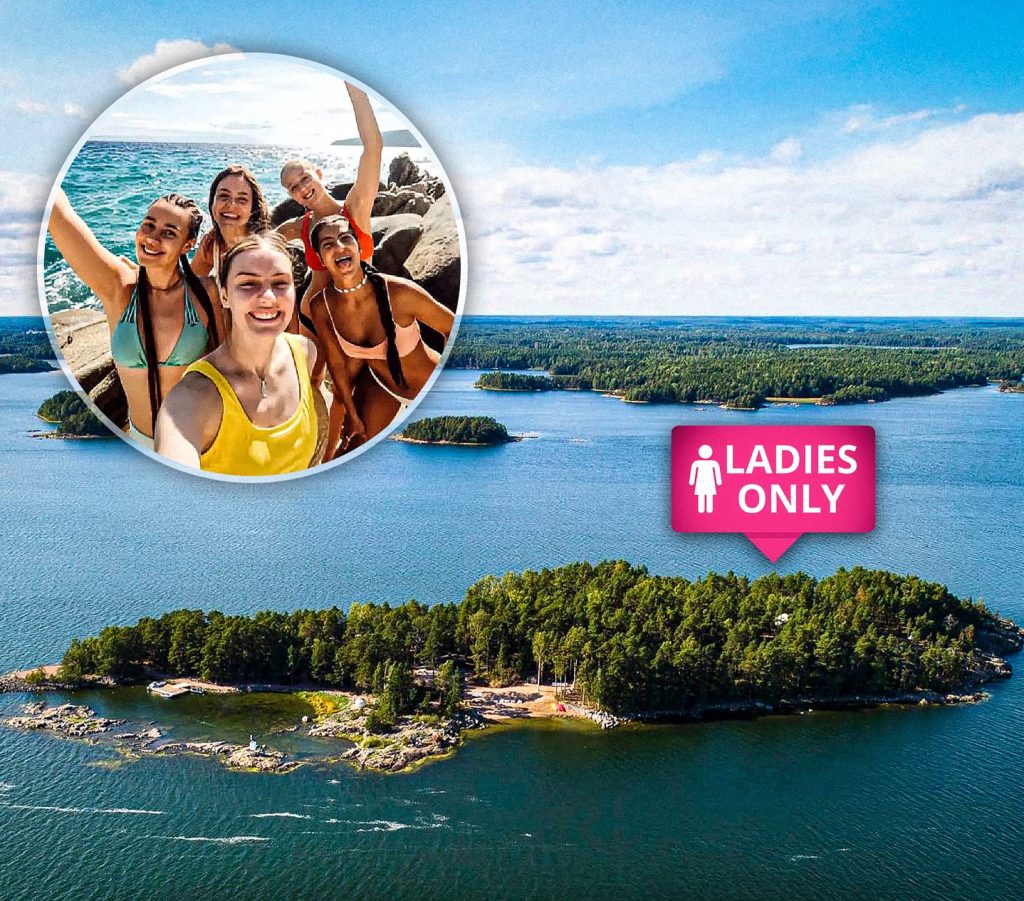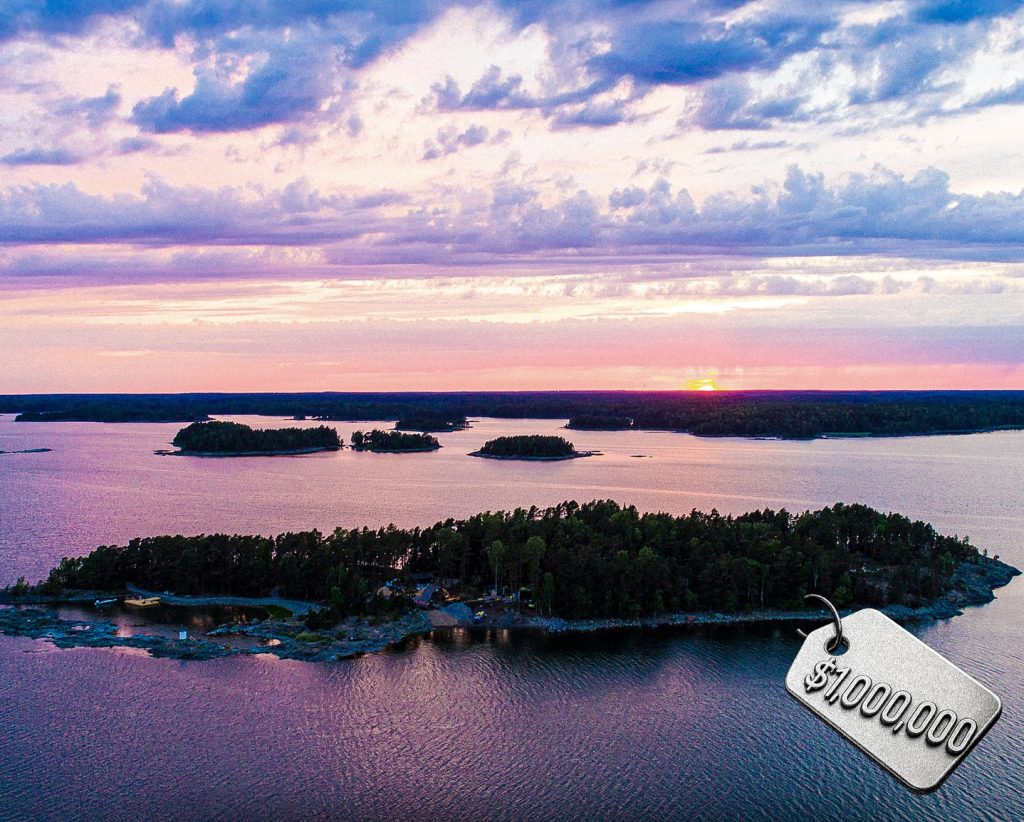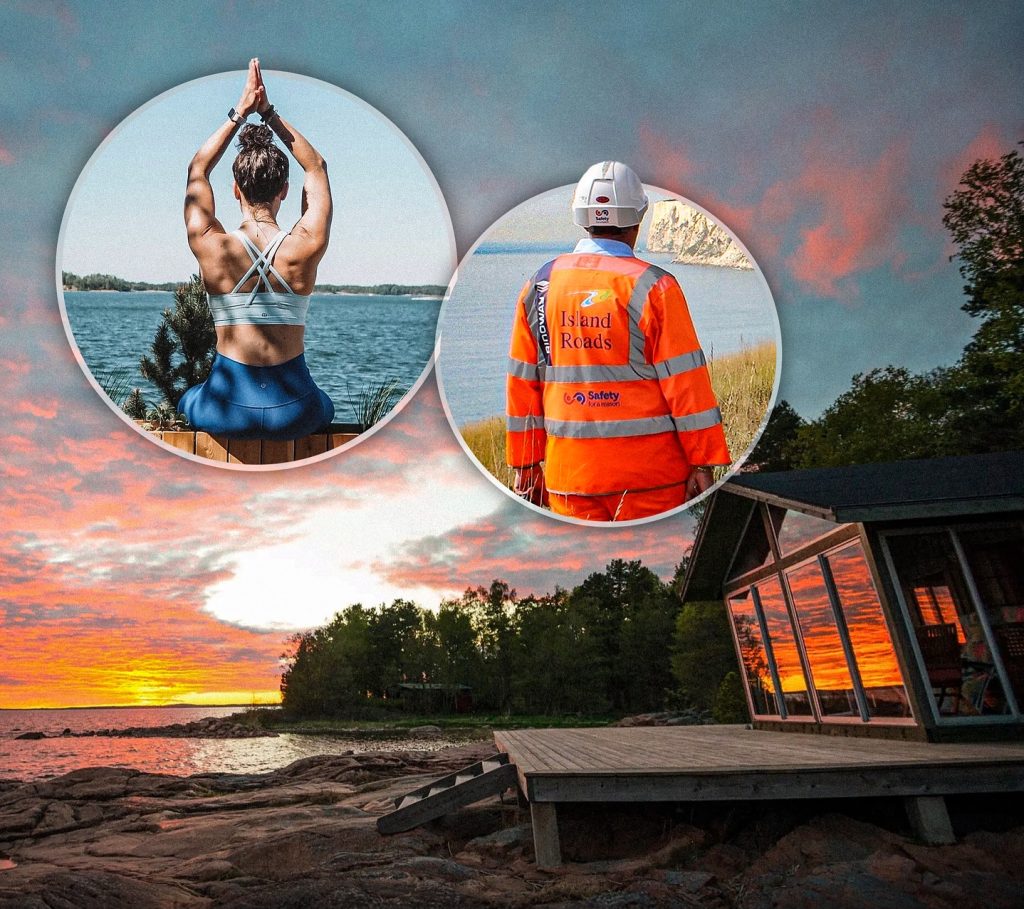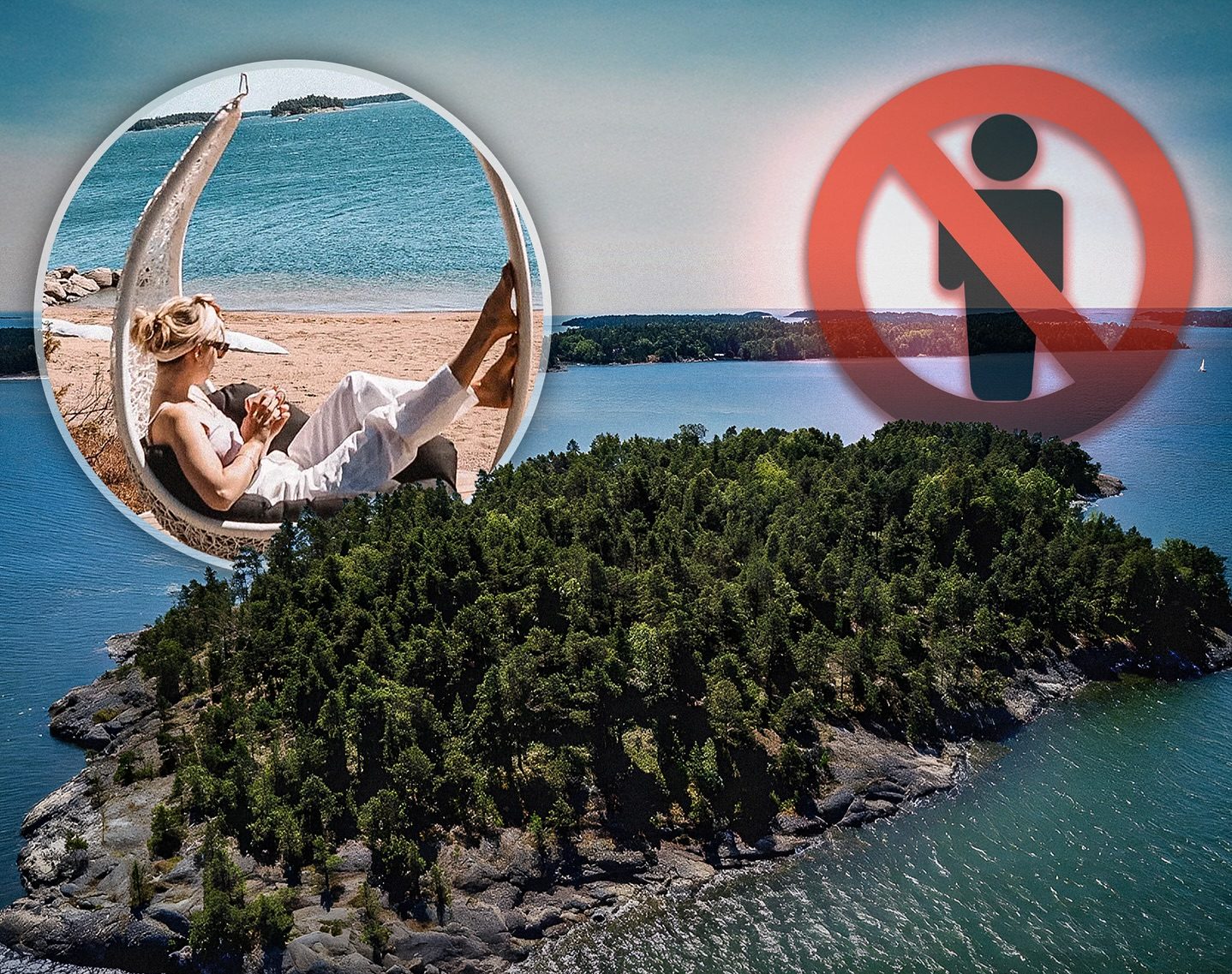Inside SuperShe Island: The All-Female Retreat in Finland That Sold for $1 Million—And Still Doesn’t Let Men Stay

When I first saw pictures of the island floating in the Baltic Sea, it looked almost like a mirage—sleek cabins nestled among rocky shores and whispers of pine trees swaying in the wind. But the more I dug into its story, the more fascinated I became. This isn’t just any private island in Finland—it is SuperShe Island, a place founded to be a sanctuary for women.
The island, officially named Fjärdskär, sits off the coast of Raseborg in southwest Finland. It was purchased in 2017 by Kristina Roth, a Finnish-Swiss entrepreneur who sold her consulting business before launching this bold project. Her vision was clear: in a world packed with mixed spaces and endless expectations, she wanted to create a sanctuary where women could truly be themselves—without any outside gaze.
SuperShe Island officially opened on June 23, 2018. From that moment, it offered more than just four cabins or endless sea views. It was a place to practice yoga on granite boulders, share meals cooked together, paddle kayaks into the horizon, or simply sit on a sauna bench and talk. It became a space for women to connect deeply, free from judgment and distance.
And yes—men were strictly banned. Except for a few exceptions. According to reports, men were allowed only when absolutely necessary—like during initial construction, installing water lines, or making structural repairs. Even then, they were seen as guests of the system, not the community.
By 2023, the retreat had gained serious attention. Its week-long stays cost around €4,600, and members were carefully reviewed through applications—a reminder that this was more than a vacation, it was membership in a space designed for personal growth and female empowerment.
The $1 Million Sale—and the Rule That Stayed

In late 2023, news broke that SuperShe Island had a new owner: Deyan Mihov, a shipping executive who paid roughly €1 million for it. Naturally, that sparked lots of questions. Would the new owner respect Roth’s strict rules? Or would the island change into something new—something open?
We know now the answer is simple: the women-only policy stayed. Even after the sale, Mihov had no plans to open the island to everyone. The rule remained solid: men could come only for essential work like repairs. And even then, they were not considered guests or allowed to spend the night.
That seemed deliberate. Not a negotiation. It’s rare to see such a clear continuation of what many might call a controversial policy. Yet it stayed—and in this case, it seems like an intentional choice. It sends a message: the island’s purpose wasn’t changing because ownership did.
Why This Place Still Matters Today

There are bigger questions behind this story. What does it mean to carve a physical space just for women? Why would a corporate buyer invest in something so intentional—and non-inclusive by design? How does a place like this fit into both business and wellness trends of 2025?
First, consider the context. Women’s safety, wellness, and personal space have become front-and-center topics. The island’s founder, Roth, once criticized conventional retreats because “a cute guy” would sometimes mess up the vibe—women would worry about appearance, performance, or comparisons. SuperShe Island offered something different: a place where those worries vanished.
Second, there’s a network aspect. Roth didn’t just build cabins—she tried to create a carefully curated community. She looked for “SuperShe attitude” in applicants—women who weren’t just seeking a vacation, but seeking meaning, connection, and belonging. It was a membership retreat more than a resort.
Third, the sale shows this experiment might be more than a lifestyle play—it’s business. That Mihov was willing to invest suggests he sees value in creating and preserving unique spaces. That the women-only rule stayed intact means he understands the brand and vision still matter.
In other words, this could be the start of more than a Finnish retreat. It feels like a small rebellion, a living piece of social design.
Of course, there’s controversy. Critics argue that SuperShe Island is elitist—at €4,600 for a week, it’s out of reach for most women. There’s also debate over whether a women-only retreat is empowering—or exclusionary.
My view? If you look at the island as a personal sanctuary, it fulfills that purpose. It gave many women a rare freedom: freedom from judgement, cameras, expectations. For some, that’s more powerful than a lavish spa.
From the stories I’ve read, women returned talking about the laughter echoing off granite cliffs, the freedom of paddling alone in the dark, and the quiet conversations that change you. That kind of experience is hard to put a price on—and that might be what Roth sold.
I’m not here to sell you a stay—though trust me, I wouldn’t turn down the chance. Instead, this is a story about what happens when someone builds spaces by design—not just luxury, but intent. It’s about privacy taken seriously. It’s a reminder that sometimes, making a place off-limits to some creates freedom for others.
The island feels like a palette: simple cabins, yoga yurts, a sauna, a beach. But more than that, it’s a statement—a space where women could build confidence, network, share things they’d never told in mixed spaces, and leave feeling different.
And now, under new ownership, that mission continues. The island still stands. The Baltic waves still lap its shores. And the sign remains unchanged: Ladies Only.

